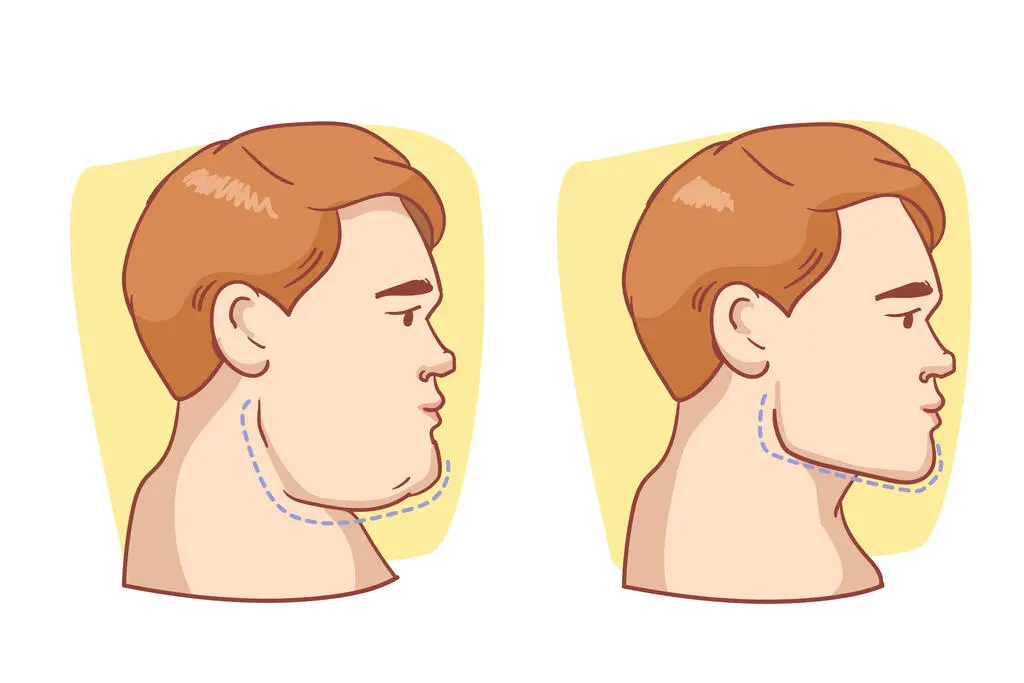Sleep is crucial for everyone’s well-being, yet it often takes a backseat when life gets hectic. Unfortunately, skimping on sleep can have detrimental effects on your health. Just like maintaining a balanced diet or staying active, getting good amount of sleep is essential for overall health.
Why Good Amount of Sleep is Important?
Sleep is not just a period of rest; it’s an active process vital for various bodily functions. While you’re sleeping, your body engages in crucial activities such as muscle repair, toxin elimination from the brain, and memory consolidation.
Additionally, adequate sleep is essential for emotional regulation, with even one night of sleep deprivation significantly heightening negative emotional responses. Furthermore, insufficient sleep can disrupt vital bodily functions like appetite control, immune function, metabolism, and weight regulation.
Lastly, sleep plays a key role in maintaining your circadian rhythm. Governing your sleep-wake cycle, metabolism, inflammation levels, and stress responses, all operating on a roughly 24-hour schedule.
Insufficient sleep, irregular sleep patterns, and exposure to bright light at night can throw off your internal clock and disrupt its various regulatory functions. Moreover, while quantity matters, the quality of sleep is equally crucial.
Defining sleep quality is subjective, but factors like sleep onset, nocturnal awakenings, daytime alertness, and sleep stage distribution play a role. Given sleep’s profound impact on overall health, ensuring an adequate and restful nightly sleep should be a top priority.
Not Getting The Ideal Amount of Sleep
It’s a concerning statistic: approximately one-third of adults and two-thirds of high school students aren’t getting sufficient sleep each night. However, the repercussions of insufficient sleep extend beyond just feeling tired. Sleep deprivation can lead to poor decision-making, reduced creativity, and an increased risk of motor vehicle accidents.
These effects are attributed to the impact of sleep deprivation on cognitive performance. Research indicates that getting only 5 hours of sleep per night for four consecutive nights can impair mental function to a degree comparable to having a blood alcohol content of 0.06.
Besides the evident impacts on alertness and focus, insufficient or poor-quality sleep can lead to mood swings, decreased productivity, and undesirable conduct in the workplace.
More alarmingly, inadequate sleep has been linked to a higher risk of chronic diseases such as diabetes, obesity, and heart disease. Additionally, since sleep is crucial for clearing waste from the brain, inadequate sleep may contribute to an increased risk of Alzheimer’s disease.
Minimum Requirement of Sleep
Each person’s sleep needs vary based on factors such as age, lifestyle, and overall health. However, official guidelines suggest the following sleep durations for different age groups:
- Older adults (65+): 7–8 hours
- Adults (18–64 years): 7–9 hours
- Teenagers (14–17 years): 8–10 hours
- School children (6–13 years): 9–11 hours
- Preschoolers (3–5 years): 10–13 hours (including naps)
- Toddlers (1–2 years): 11–14 hours (including naps)
- Infants (4–12 months): 12–15 hours (including naps)
- Newborns (0–3 months): 14–17 hours
However, individual sleep needs may vary, influenced by factors like genetics, lifestyle, and overall well-being. It’s important to listen to your body and adjust your sleep schedule accordingly to ensure optimal rest and health.
How to Get a Good Amount of Sleep?
Ensuring a good night’s sleep is crucial for overall well-being. Here are some tips to improve sleep quality:
- Maintain a consistent sleep schedule: Going to bed and waking up at the same time every day helps regulate your body’s internal clock and promotes better sleep quality.
- Establish a calming bedtime routine: Engage in relaxing activities before bed, such as listening to soothing music or reading a book, to prepare your mind and body for sleep.
- Create a comfortable sleep environment: Sleep in a quiet, dark room with a comfortable temperature to enhance sleep quality. Avoid stimulating activities or bright lights before bedtime, as they can disrupt your sleep.
- Limit caffeine, alcohol, and nicotine intake: These substances can interfere with sleep quality, so it’s best to avoid consuming them close to bedtime.
- Reduce screen time before bed: Minimize the use of electronic devices before bedtime, as exposure to screens and bright lights can negatively impact sleep quality.
- Practice relaxation techniques: Meditation and relaxation exercises may help improve sleep quality and promote overall relaxation, though more research is needed to confirm their effectiveness.
Incorporating these strategies into your daily routine can help enhance the quality and duration of your sleep, contributing to better overall health and well-being.
Final Thoughts
Sleep requirements vary from person to person and are influenced by various factors. However, most adults typically need around 7–9 hours of good amount of sleep per night for optimal health and well-being.
To determine if you’re getting enough sleep, pay attention to how you feel during the day. Feeling alert and energized suggests you’re getting adequate rest, while persistent sluggishness or fatigue may indicate a need for more sleep.
Establishing good sleep habits can help maximize the benefits of your bedtime routine. This includes reducing caffeine and alcohol intake, maintaining a consistent sleep schedule, and creating a comfortable sleep environment. By prioritizing sleep and adopting healthy sleep habits. You can ensure you’re getting the rest you need to feel refreshed and rejuvenated each day.

















